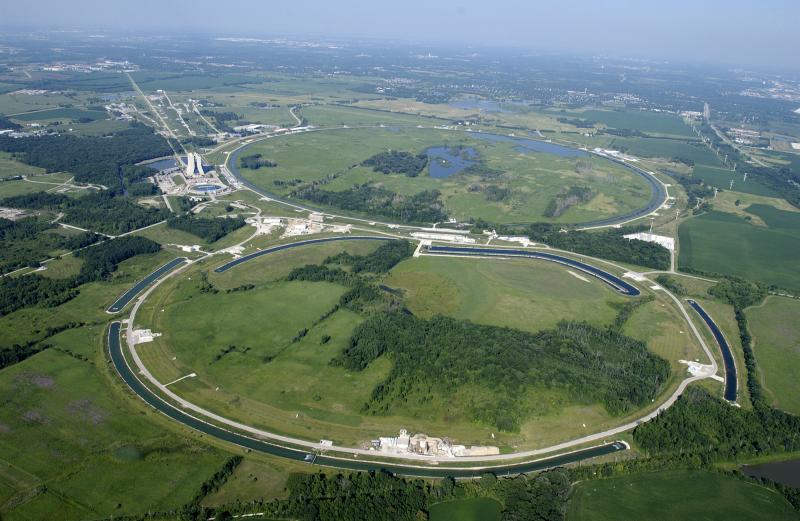Tevatron Particle Accelerator Powered Down

The Tevatron, ran by the U.S. Department of Energy's Fermi National Accelerator Laboratory (Fermilab), was a four mile-long track in Illinois that fired particles at high speeds, and was the most successful atom smasher in the world.
Fermilab scientists will continue their cutting-edge research working at both their existing facilities, and in labs yet to be built, according to the Wall Street Journal.
Fermilab scientists will also be playing a larger role at CERN's Large Hadron Collider, the 17 mile-long accelerator near Geneva, Switzerland that had overshadowed the Tevatron and recently garnered attention for measuring neutrinos traveling faster than light.
The Tevatron will leave behind a significant legacy of its own, however, since it played a key role in searching for the origin of mass, and scientists used it to discover a number of new particles, such as the top quark.
From the Wall Street Journal:
The Tevatron, which has operated since 1983 and is the largest of seven accelerators at the facility, has led to the discovery of a host of fundamental subatomic particles, including the tau neutrino and the top quark. Its construction led to the industrial production of superconducting magnets, which made MRI machines widely available. And it has generated more than a thousand Ph.D. dissertations.
While the Tevatron has stopped generating new data, scientists say there is still a sizable backlog of information they have yet to sort through.
Aside from its international collaborations, Fermilab also hopes to build a new accelerator aimed at producing collisions with greater numbers of particles rather than in faster beams, according to International Business Times.
Best way to find more great content from Neon Tommy?
Or join our email list below to enjoy the weekly Neon Tommy News Highlights.



